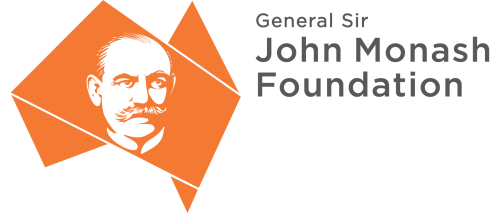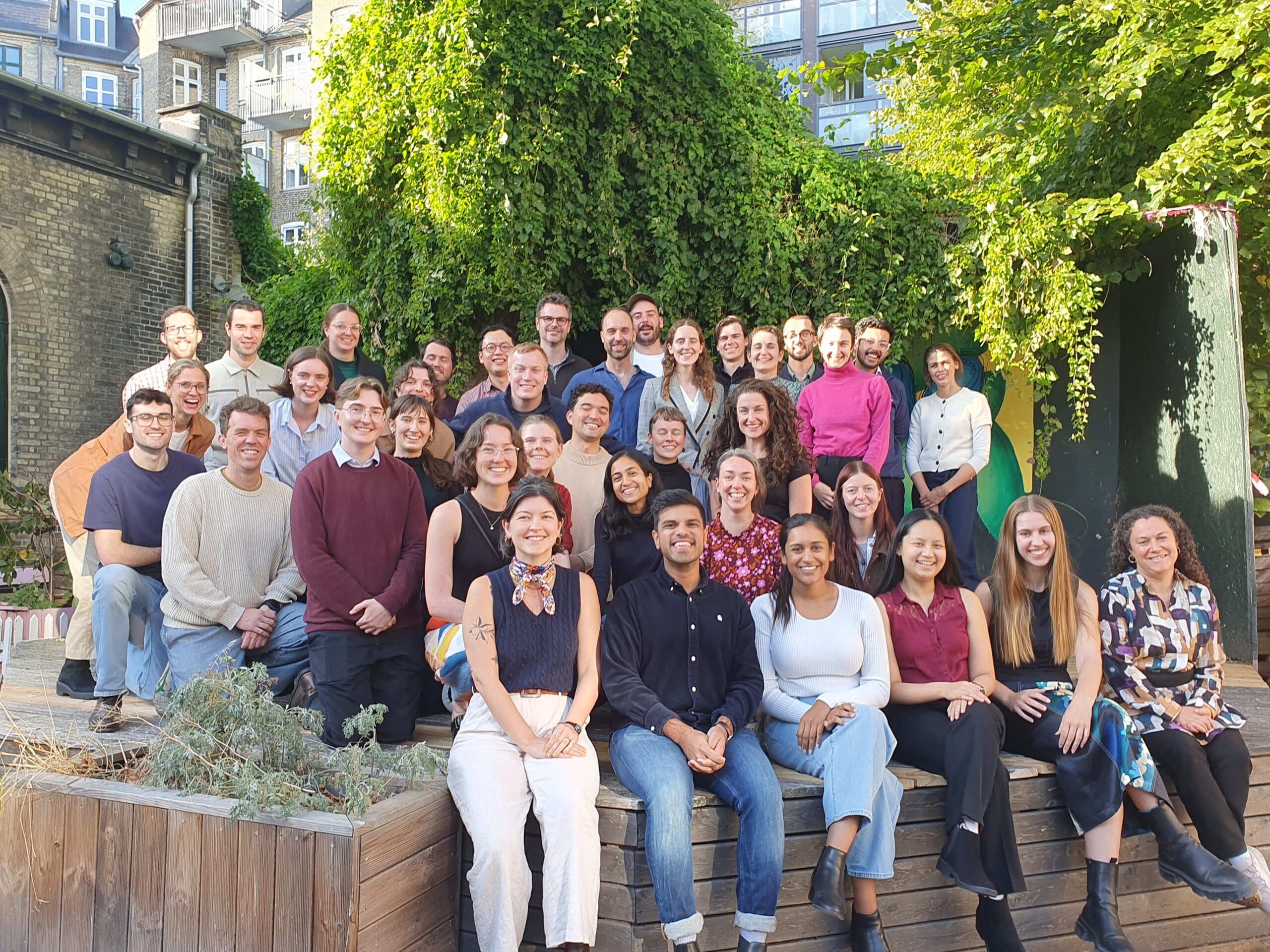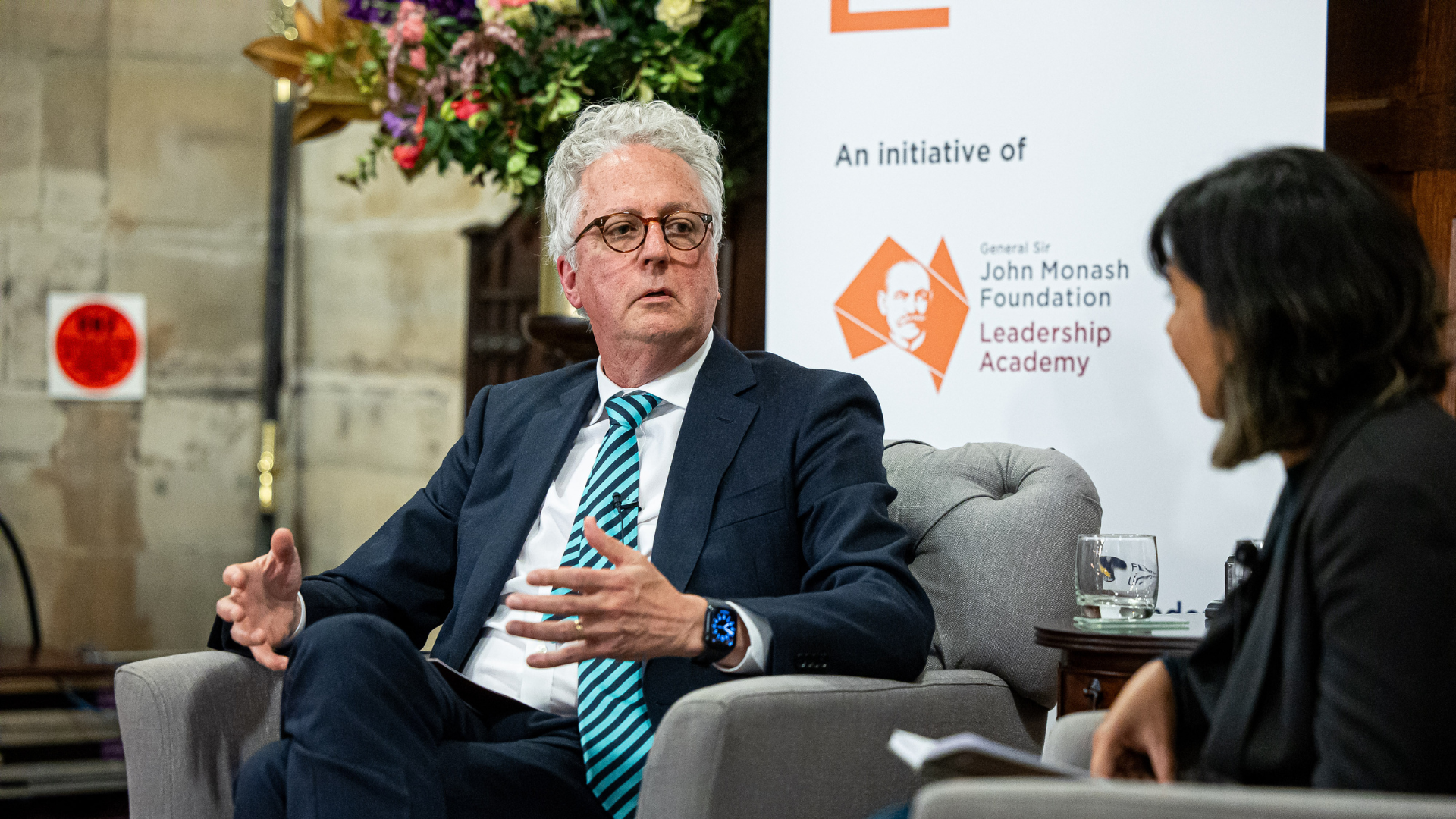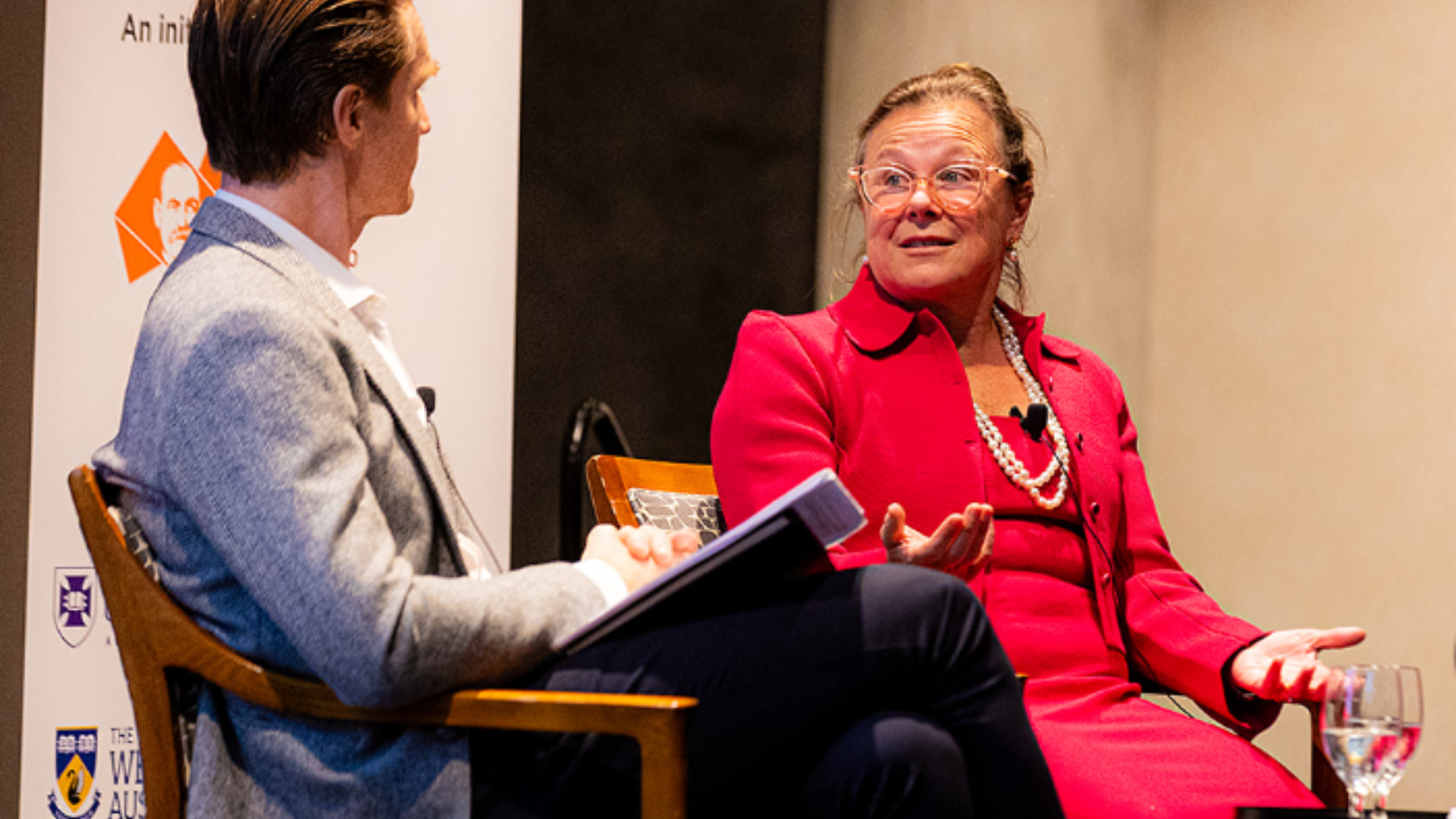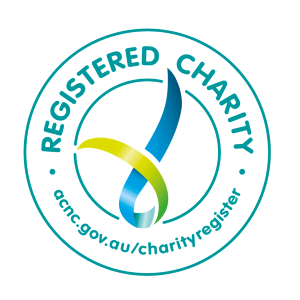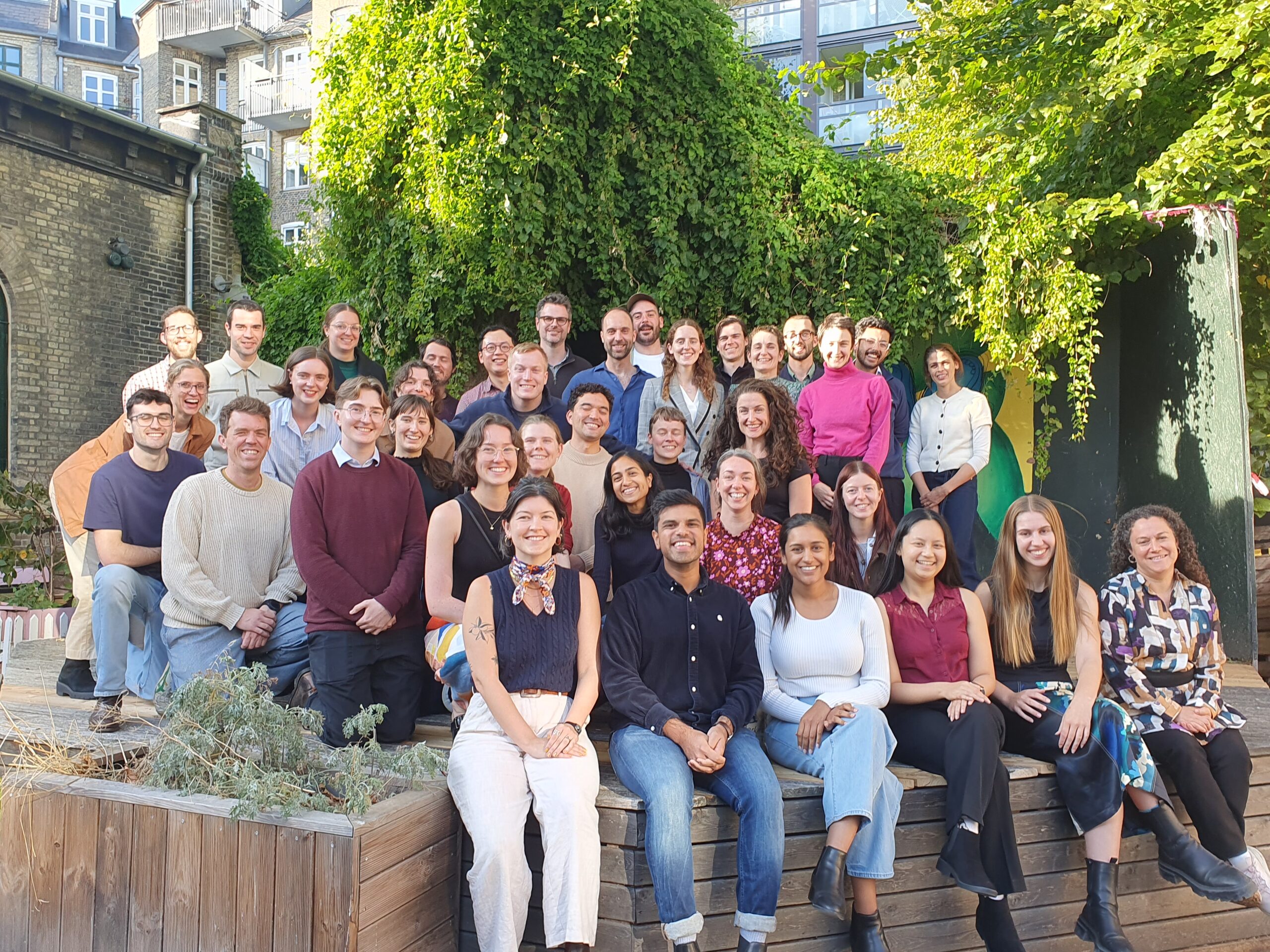
Leadership Academy
The Leadership Academy equips John Monash Scholars with the expertise, connections and confidence to lead with impact – well beyond graduation day.
What the academy offers
The Leadership Academy provides lifelong professional development for John Monash Scholars through:
- Mentorship – Personalised mentoring, career guidance and industry connections
- Leadership development – Access to bespoke leadership training and thought leadership platforms
- Collaborative opportunities – Support for cross-sector projects between John Monash Scholars with real-world impact
- Leadership events – Participation in major leadership events including the John Monash Leadership series and The John Monash Scholars’ Global Symposium
- High-level networking – Across public, private and non-profit sectors
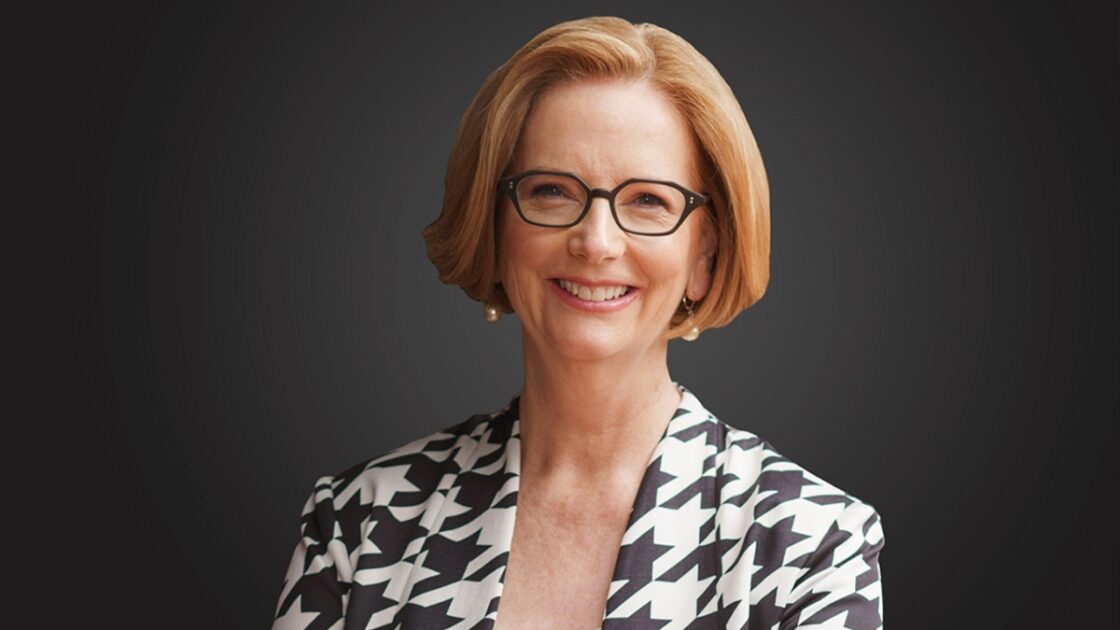
“Facilitating opportunities for collaboration between industry and academics and fostering the leadership capabilities of these Scholars will ensure their voice is projected in a powerful way to shape a better future for our nation and the world.”
The Honourable Julia Gillard AC
Patron-in-Chief, Leadership Academy
A program designed for world-class Australian leaders
John Monash Scholars have ongoing access to exclusive events, personalised mentoring and professional development programs alongside the Leadership Academy’s signature events:
The John Monash Leadership Series
This unique series takes place in capital cities across Australia and brings together some of the nation’s most influential leaders. Scholars engage in in-depth conversations on topics that explore contemporary leadership challenges and opportunities.
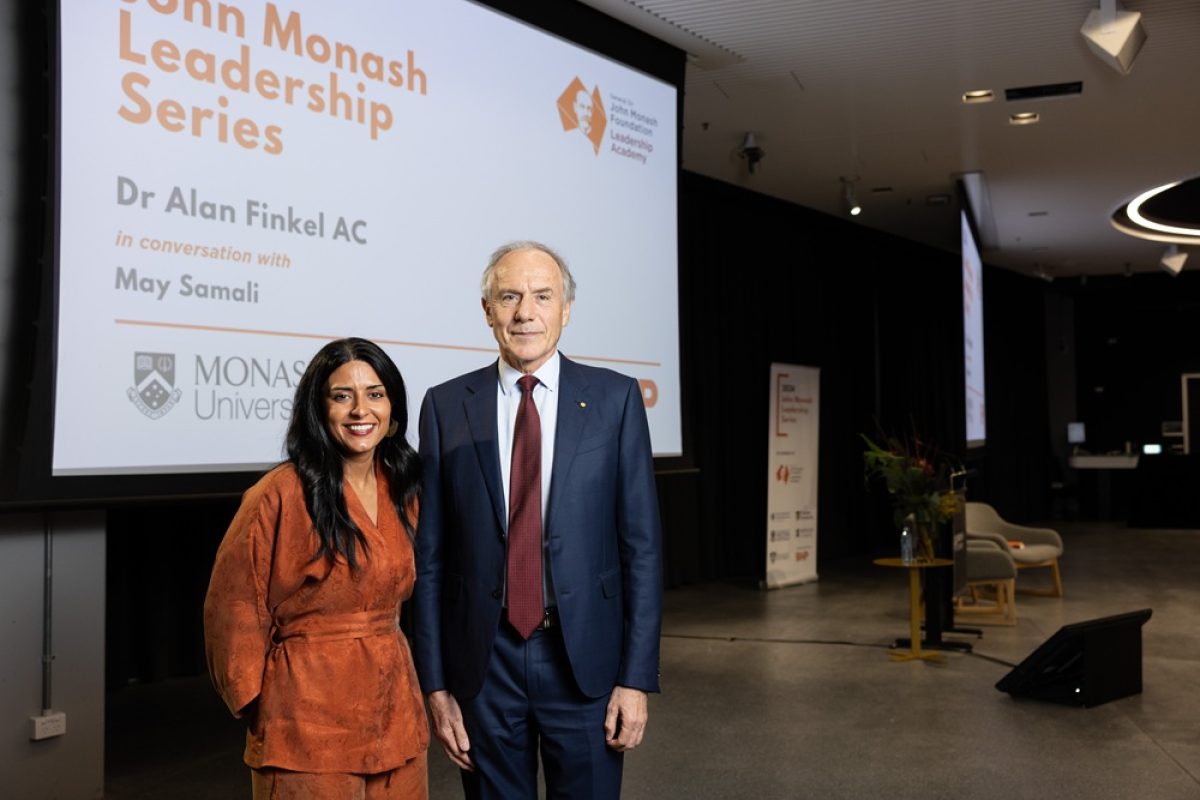
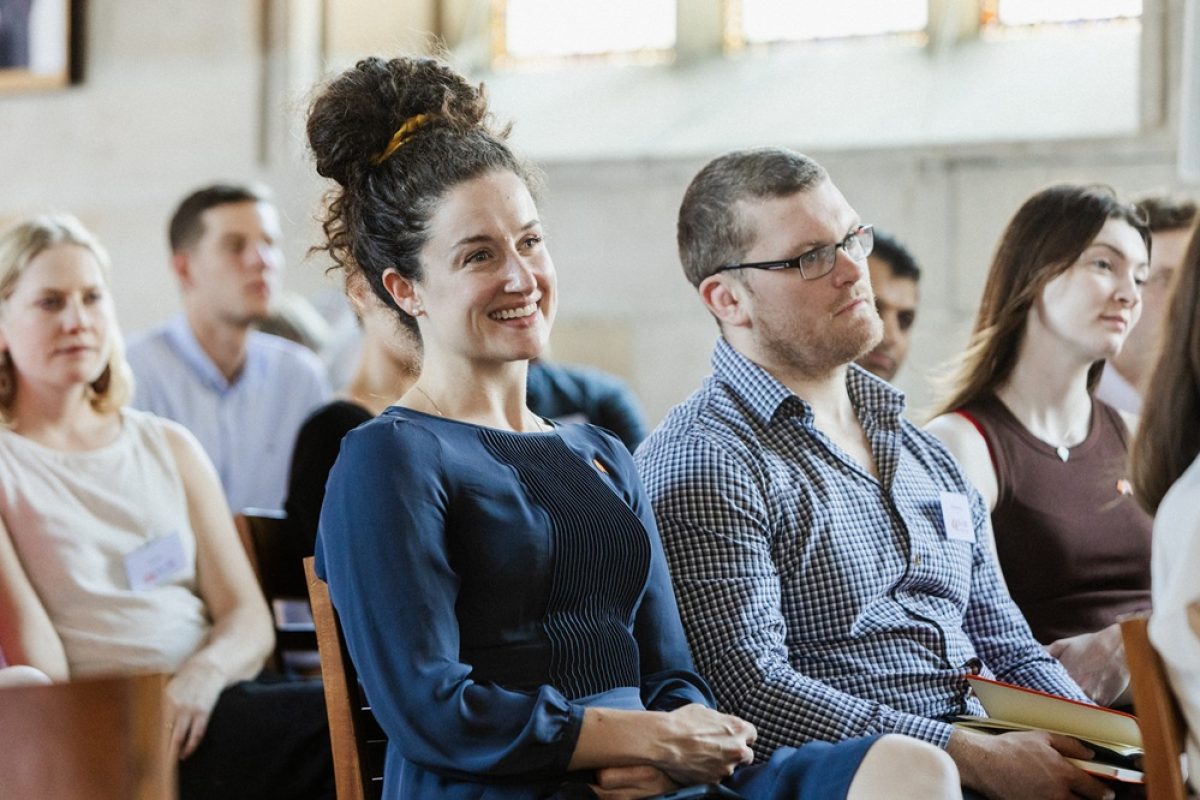
The John Monash Scholars' Global Symposium
This prestigious symposium unites all John Monash Scholars from across the globe. Scholars participate in panel discussions, listen to keynote speakers, and present their own work, showcasing the extraordinary impact they are making in their respective fields.
“The John Monash Scholarship helped me train with a Nobel Laureate, connect with brilliant Scholars from a range of different fields, and mix with established leaders from across the Foundation’s staff and supporter base.”
Dr Owen Siggs
2007 John Monash Scholar
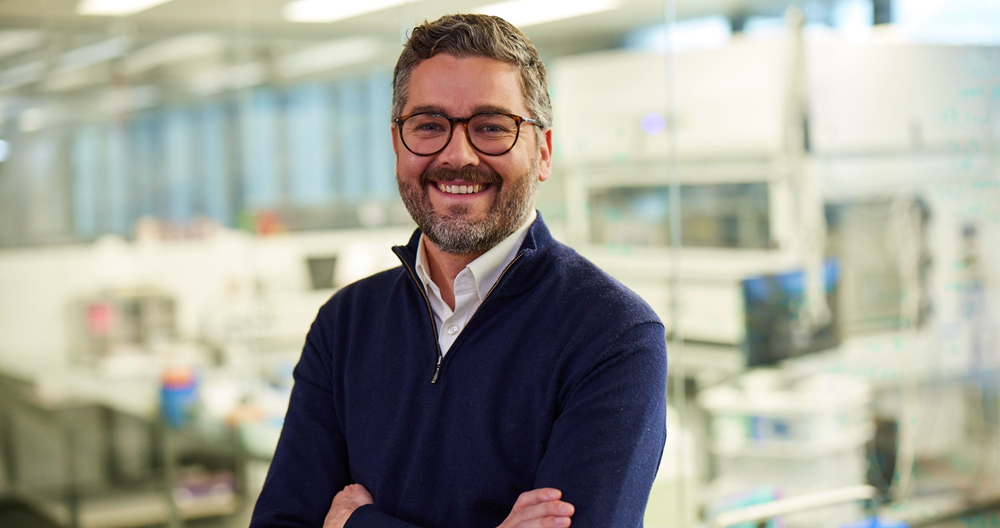
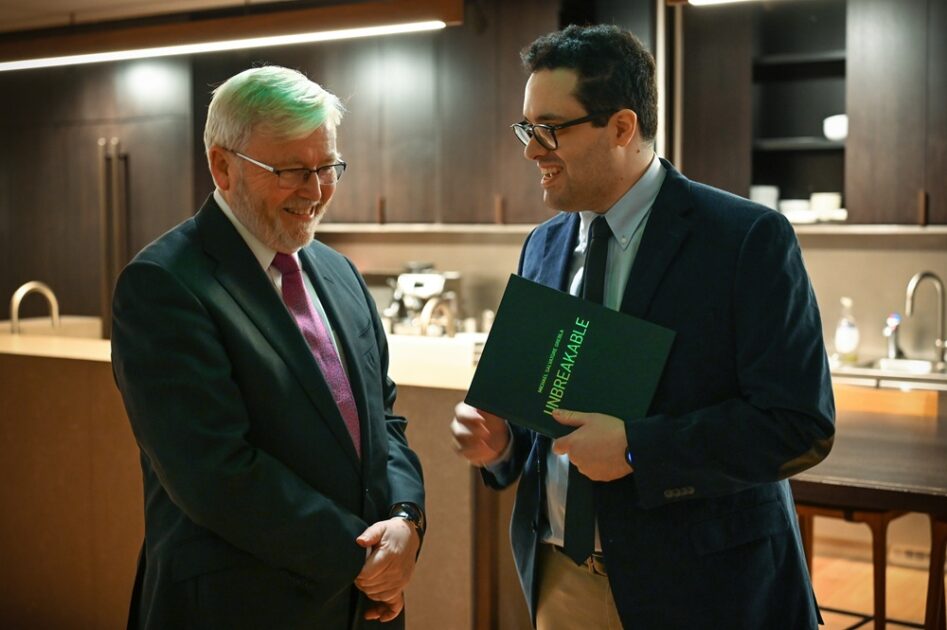
Collaboration across all levels of Australian society
At the heart of the Leadership Academy is the spirit of collaboration and giving back to the communities in which John Monash Scholars and Alumni live and work. The Leadership Academy creates opportunities for high-level networking and collaboration across corporate, government, academic and entrepreneurial sectors. This helps ensure John Monash Scholars and Alumni are creating impact in critical areas that will define Australia’s future.
John Monash Scholar hubs in the UK, Europe, US and Asia
The Leadership Academy actively supports John Monash Scholar and Alumni hubs across key international regions. These hubs foster networking, collaboration, career growth and leadership development, keeping John Monash Scholars who are studying and working overseas engaged with their community.
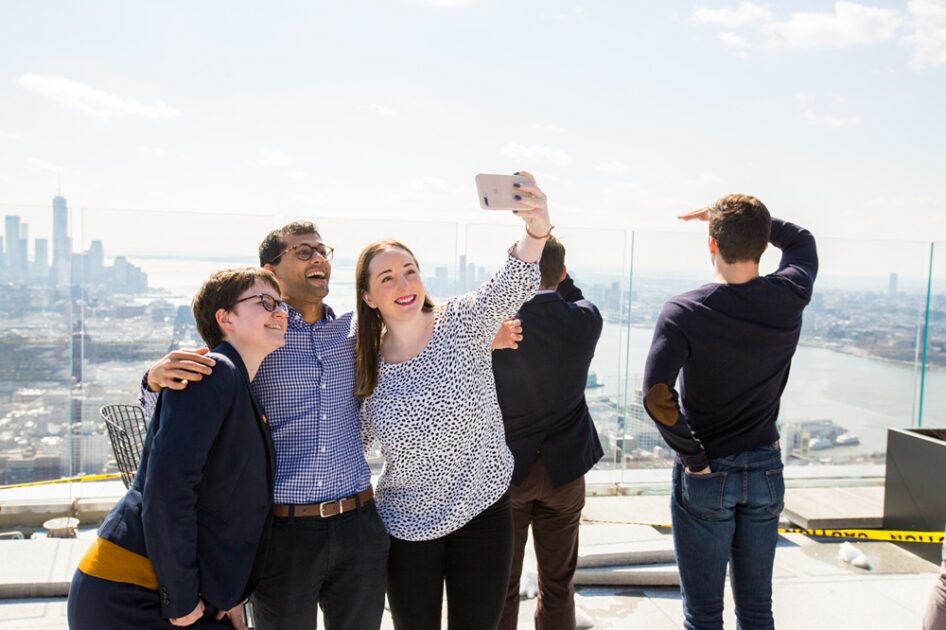
Latest news from the Leadership Academy
Get involved
Whether you’re an academic, industry leader or future partner — find out how you can engage with the John Monash Leadership Academy and support the next generation of Australian leaders.
